Signs of Dementia in Older Cats
Introduction: Understanding the Signs of Dementia in Older Cats
As our beloved cats age, their needs and behaviors naturally shift. Much like people, aging cats can experience cognitive decline, often referred to as feline cognitive dysfunction (FCD) or feline dementia. Recognizing the signs of dementia in older cats is crucial for providing them with the right support, comfort, and care during their golden years.
Dementia in cats typically starts to show in those over the age of 10, though it can vary depending on the cat’s overall health and lifestyle. Owners may notice subtle behavioral changes at first perhaps their cat seems more confused, starts vocalizing at odd hours, or appears less interested in familiar routines. These signs can be distressing to witness, but they are more common than many people realize. Unfortunately, because these symptoms often mimic those of other age-related health issues, dementia in cats frequently goes undiagnosed.
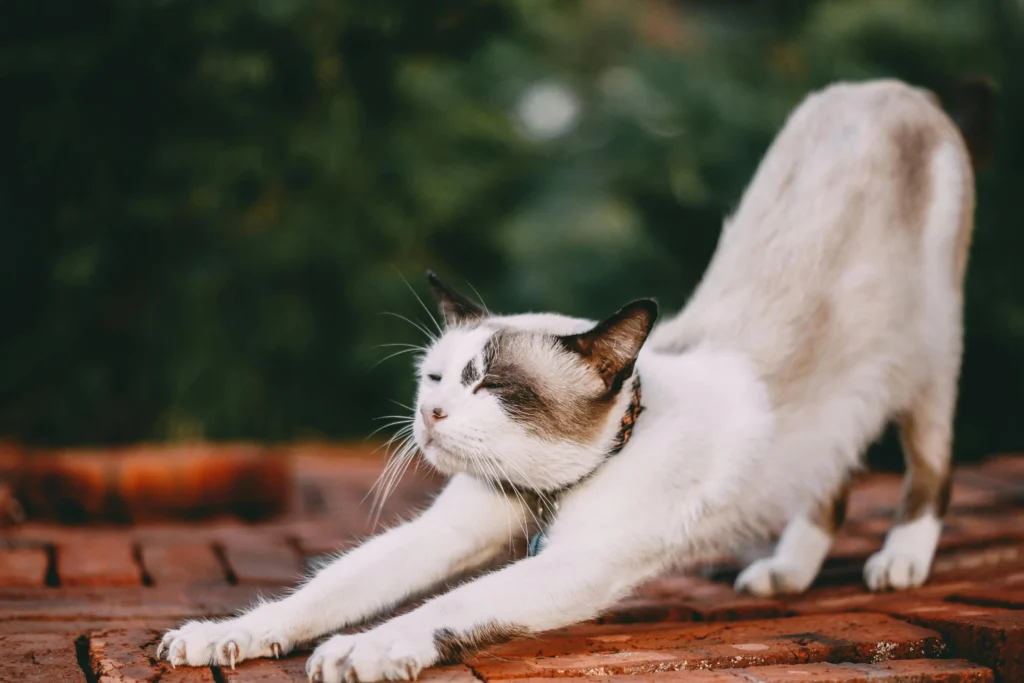
One of the biggest challenges is that feline dementia progresses gradually. What begins as an occasional moment of disorientation can evolve into consistent behavioral changes that affect the cat’s quality of life. As a responsible pet owner, knowing the signs of dementia in older cats allows you to intervene early, seek veterinary guidance, and adapt your home environment to meet your aging cat’s needs.
It’s important to note that cognitive dysfunction is not a death sentence. With the right management, including dietary adjustments, environmental enrichment, and possibly medication, many cats with dementia continue to enjoy happy and meaningful lives. The key is awareness. The more in tune you are with your senior cat’s behavior, the better equipped you’ll be to help them navigate this stage of life.
In this article, we’ll explore the most common symptoms of feline dementia, what causes it, how it is diagnosed, and the best ways to care for a cat experiencing cognitive decline. Whether your cat is already showing signs or you’re simply preparing for the future, understanding this condition can make all the difference in ensuring their comfort and well-being.
Table of Contents
What Is Feline Cognitive Dysfunction?
Feline Cognitive Dysfunction (FCD) is a neurodegenerative condition that affects aging cats, much like Alzheimer’s disease affects humans. As cats grow older, typically after the age of 10, their brains may begin to deteriorate due to a combination of oxidative stress, inflammation, and the accumulation of abnormal proteins. This decline impacts memory, learning, awareness, and behavior, leading to various changes that can significantly affect a cat’s quality of life.
FCD is not simply “getting old” It’s a medical condition that requires attention, understanding, and proper management. Unfortunately, many cat owners overlook early signs because they closely resemble normal aging behavior. That’s why understanding the true nature of this disorder is critical to offering your feline companion the best support possible.
How It Relates to Signs of Dementia in Older Cats
The signs of dementia in older cats are a direct result of Feline Cognitive Dysfunction. These signs often begin subtly, your cat may become disoriented, meow more often at night, or appear withdrawn. Over time, these behaviors can intensify, making daily life more challenging for both the cat and their caregiver.
Some of the core symptoms include:
- Disorientation in familiar surroundings
- Unusual vocalization, especially at night
- Changes in sleep-wake cycles
- Litter box aversion or forgetfulness
- Decreased interest in food, play, or affection
These behaviors are not behavioral issues but neurological changes that deserve medical attention. If your cat is displaying any of the signs of dementia in older cats, it’s important to consult a veterinarian for a proper diagnosis and care plan.
The Importance of Early Detection
The earlier FCD is recognized, the more effective the management strategies will be. While Feline Cognitive Dysfunction cannot be cured, its progression can often be slowed with environmental enrichment, dietary support, and sometimes medication. Cats can live many comfortable years with dementia if their needs are met with patience and proactive care.
Ultimately, understanding what Feline Cognitive Dysfunction is empowers you to notice even the smallest behavioral changes. Recognizing the signs of dementia in older cats early gives your pet the best chance for a peaceful and enriched senior life.
Common Signs of Dementia in Aging Cats
As cats age, they experience physical and behavioral changes, though not all of these are simply due to the natural aging process. Some changes may point to a deeper neurological issue known as Feline Cognitive Dysfunction (FCD). Being aware of the signs of dementia in older cats can help you identify potential issues early and take steps to manage them effectively.
Dementia in cats usually starts gradually, making it difficult for many pet owners to distinguish between normal senior behavior and the beginning stages of cognitive decline. However, certain signs tend to appear consistently in cats suffering from this condition.
1. Disorientation in Familiar Environments
Disorientation is one of the most frequently observed signs of dementia in senior cats. Your cat may appear lost in familiar rooms or seem confused when trying to find their food or litter box. They may even get stuck in corners or forget how to navigate around obstacles.
2. Increased Vocalization, Especially at Night
If your senior cat has suddenly become more vocal, especially during nighttime hours, it could be a sign of cognitive dysfunction. Cats with dementia often cry out due to confusion, fear, or a disrupted sleep-wake cycle.
3. Changes in Social Behavior
A previously affectionate cat may become withdrawn or irritable. Conversely, a usually independent cat might suddenly seek constant companionship. These shifts in behavior are often early signs of dementia in older cats and not simply mood changes.
4. Litter Box Accidents
If your older cat starts urinating or defecating outside the litter box despite no physical health issues, it might be due to forgetfulness or confusion, a classic symptom of dementia.
5. Altered Sleep Patterns
Many cats with dementia experience changes in their sleeping habits, such as excessive daytime sleepiness followed by nighttime restlessness or wandering.
6. Decreased Grooming and Appetite
Cats with cognitive decline may forget regular grooming routines or show less interest in food. This change in hygiene and appetite is another important indicator.
Recognizing the signs of dementia in older cats early on allows you to take action, consult with your veterinarian, and improve your cat’s comfort and care. Early intervention can help slow the condition’s advance and enhance your pet’s quality of life in their later years.
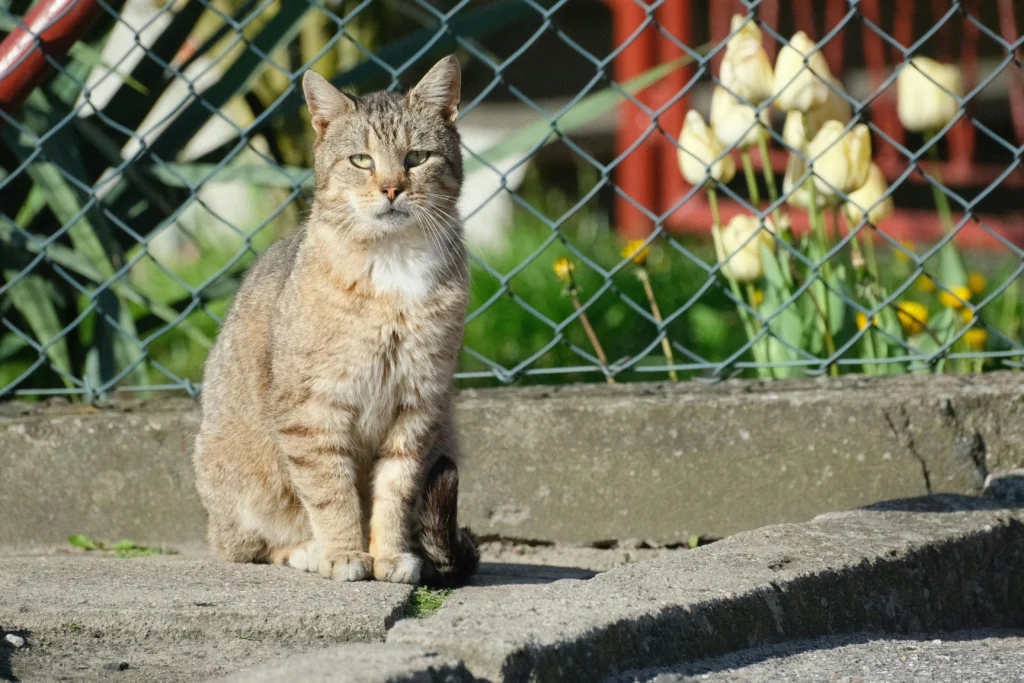
When Should You Call the Vet?
As your cat gets older, shifts in behavior, habits, or personality may often be subtle. While some of these shifts are expected in older felines, others could indicate a more serious underlying issue, like cognitive dysfunction. Knowing when to call the vet is essential, especially if you start noticing persistent signs of dementia in older cats.
Feline Cognitive Dysfunction (FCD) is a progressive neurological disorder. Although some slowing down is normal with age, ongoing disorientation, agitation, or withdrawal is unusual. These behavioral changes shouldn’t be dismissed as “just getting old.” Instead, they should prompt a deeper look into your cat’s cognitive health.
Recognizing the Signs of Dementia in Older Cats That Warrant Medical Attention
Although cats often hide discomfort or illness, certain signs should never be ignored. Reach out to your veterinarian if you notice any of the following signs:
- Frequent disorientation: If your cat appears lost in familiar areas, gets stuck in corners, or forgets the location of food bowls or litter boxes, it’s time for a checkup.
- Nighttime vocalization: Sudden and increased meowing or howling at night may be linked to confusion or anxiety caused by dementia.
- Litter box changes: Accidents in the house despite being previously trained are not just messes, they could be neurological red flags.
- Appetite changes: Forgetting to eat or disinterest in food can lead to malnutrition and other health concerns.
- Social withdrawal or clinginess: Sudden personality changes should be discussed with your vet.
These are all common signs of dementia in older cats, but they can also signal other issues such as hyperthyroidism, kidney disease, or arthritis. That’s why professional evaluation is crucial.
What the Vet Can Do
Your veterinarian may conduct bloodwork, neurological assessments, or other diagnostic tests to rule out underlying conditions. If dementia is confirmed, your vet can recommend dietary changes, environmental enrichment, or even medications to slow cognitive decline.
Acting early when you see the signs of dementia in older cats can make a major difference in your cat’s comfort and quality of life. Don’t wait if your instincts say something’s not right, make that vet appointment.
Managing Feline Dementia at Home
Caring for a senior cat with cognitive dysfunction can be challenging, but with the right adjustments, you can help your pet maintain comfort, dignity, and a good quality of life. Once you’ve identified the signs of dementia in older cats, the next step is creating a stable, supportive home environment that addresses their changing needs.
Routine, patience, and awareness are key to successfully managing feline dementia at home. Dementia doesn’t progress at the same pace in every cat, so tailoring your approach to your pet’s specific behavior and limitations is essential.
Creating a Safe and Familiar Environment
One of the most helpful things you can do is simplify and stabilize your cat’s surroundings. Cats experiencing confusion or disorientation benefit greatly from predictable spaces. Avoid moving furniture or changing the location of litter boxes, food bowls, and beds. Keep pathways clear and consider using baby gates to restrict access to areas where your cat might get lost or stuck.
Installing nightlights can help cats who get confused after dark. This is especially important if they wander or vocalize at night, two common signs of dementia in older cats.
Encouraging Gentle Mental Stimulation
While overstimulation can increase stress, light enrichment activities can help keep your cat’s mind active. Puzzle feeders, interactive toys, and even short, quiet play sessions can provide mental exercise. Just be sure to keep activities low-stress and consistent with your cat’s energy levels.
Simple grooming routines can also reinforce positive interaction and mental focus. Regular brushing not only supports hygiene but also offers tactile comfort and bonding.
Monitoring Behavior and Providing Comfort
Keep a log of behavior changes, eating patterns, sleep cycles, and litter box habits. This can help you track progression and give your vet useful data during checkups.
Comfort is equally important. Provide soft bedding in quiet spots and use pheromone diffusers to reduce anxiety. Some cats benefit from calming supplements, but always consult your vet before introducing any new product.
By recognizing and responding to the signs of dementia in older cats, you can play a powerful role in managing their condition. Your efforts to adjust the home environment and provide consistent care can significantly improve your cat’s emotional and physical well-being.
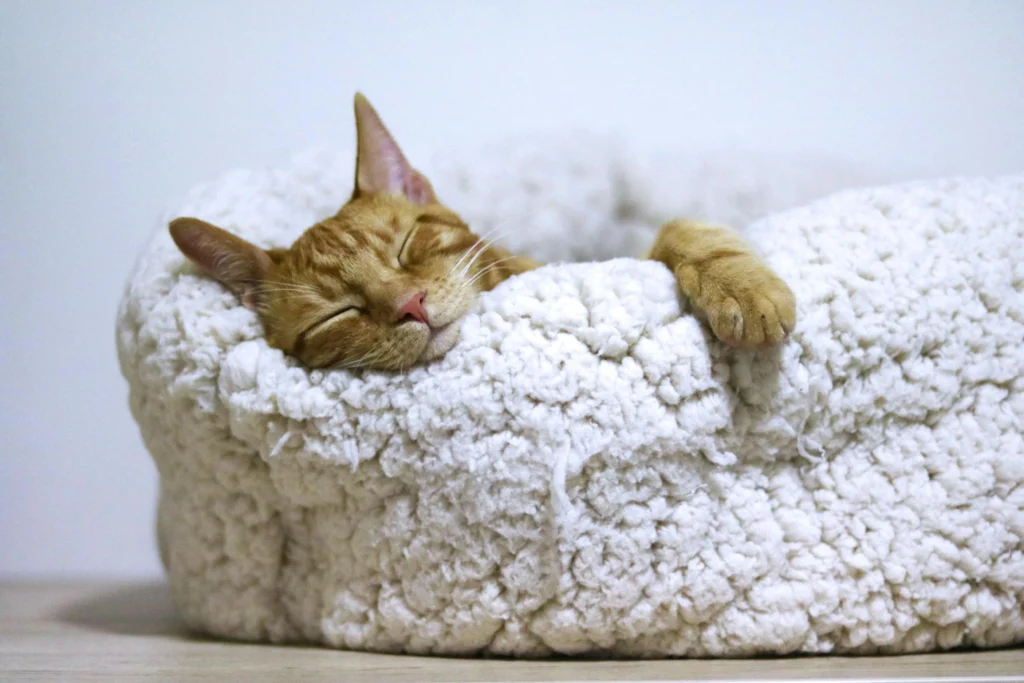
Helpful Products and Supplements for Cats With Dementia
Supporting a cat with cognitive decline goes beyond love and patience it often requires the right tools. As the signs of dementia in older cats become more noticeable, certain products and supplements can play a key role in improving their comfort and slowing the progression of symptoms. From calming aids to brain-supportive nutrients, there are many ways to enhance your senior cat’s quality of life.
Products That Help Address Signs of Dementia in Older Cats
1. Nightlights and Motion Sensors
Cats with dementia may become disoriented in the dark, leading to increased anxiety or wandering. Installing small nightlights in key areas like near the litter box or food bowl, can help them navigate safely.
2. Orthopedic or Heated Beds
Arthritis often accompanies old age, and a soft, warm place to rest can make a big difference. Heated or orthopedic beds offer comfort, reduce joint pain, and provide a secure sleeping area for cats who may feel vulnerable.
3. Pheromone Diffusers
Products like Feliway plug-ins emit calming pheromones that mimic a mother cat’s scent. These can ease anxiety, especially when a cat is showing behavioral signs of dementia in older cats, such as restlessness or sudden aggression.
4. Raised Food and Water Bowls
Senior cats, particularly those with arthritis or cognitive issues, may struggle to lower their heads to eat. Raised dishes can make mealtime easier and more comfortable.
Supplements That Support Cognitive Health
1. Omega-3 Fatty Acids (DHA & EPA)
These essential fats, found in fish oil, have been shown to support brain function. DHA is especially important for supporting brain health and may help slow the progression of cognitive decline.
2. Antioxidants
Supplements containing vitamins E and C can protect brain cells from oxidative stress, one of the contributors to aging-related mental decline.
3. SAMe (S-Adenosylmethionine)
Often recommended by veterinarians, SAMe supports liver and brain health. It may improve mood and memory in aging pets.
4. L-Theanine and B Vitamins
Found in many calming supplements, L-theanine and B vitamins may help reduce anxiety and improve focus, two areas often impacted when signs of dementia in older cats appear.
Be sure to check with your veterinarian before adding any new supplements or products to your cat’s routine. With the right tools, you can help your senior cat feel safe, comfortable, and cared for every day.
Final Thoughts: Supporting Your Cat’s Golden Years
As your beloved feline enters their senior years, the bond you share becomes even more meaningful. Aging may bring new challenges, but with compassion and attentiveness, you can help your cat age with grace and dignity. Recognizing the signs of dementia in older cats and taking action early is one of the most powerful ways to support them through this life stage.
Feline Cognitive Dysfunction (FCD) may be emotionally difficult to witness, but you’re not helpless. With consistent care, environmental adjustments, and veterinary guidance, cats with dementia can still experience joy, comfort, and connection. Every small effort from a well-placed nightlight to a routine grooming session adds up to a better life for your aging companion.
How to Stay Ahead of the Signs of Dementia in Older Cats
Being proactive is key. Keep a close eye on changes in your cat’s behavior, sleep patterns, eating habits, and litter box use. Even minor shifts may be early signs of dementia in older cats. By maintaining a journal or using a pet care app to track symptoms, you’ll be better prepared to have informed discussions with your vet and adjust care strategies as needed.
Don’t underestimate the power of routine. Dementia can cause your cat to feel disoriented and uneasy. Maintaining a consistent daily routine, regular feeding times, and a peaceful environment can greatly help ease their stress and confusion.
Emotional Support for You and Your Cat
Supporting a cat with cognitive decline can be emotionally challenging. It’s normal to feel overwhelmed, especially when your once-alert companion starts to act differently. Give yourself grace, seek support from online communities or local pet care groups, and remember that your cat still feels your love, even if they can’t always respond the way they used to.
At the same time, your continued presence offers security and comfort. Touch, tone, and scent remain strong emotional anchors for aging cats. Sitting together, speaking softly, or gently petting them can still mean the world to your senior pet.
In the end, recognizing the signs of dementia in older cats and responding with compassion is one of the greatest gifts you can give. Through patience, understanding, and consistent care, you’re ensuring your cat’s golden years are filled with love, safety, and serenity.
Frequently Asked Questions (FAQs)
What are the first signs of dementia in senior cats?
The first signs of dementia in older cats often include disorientation, increased vocalization (especially at night), changes in sleeping habits, and forgetting litter box routines. These early indicators can be subtle, so it’s important to observe any new or unusual behavior closely.
How is feline dementia diagnosed by a veterinarian?
Veterinarians typically diagnose cognitive dysfunction in cats by ruling out other possible health conditions such as kidney disease, hyperthyroidism, or arthritis. They’ll perform a physical exam, run blood tests, and evaluate the cat’s behavioral history, especially noting any signs of dementia in older cats reported by the owner.
Can dementia in cats be treated or reversed?
Although feline dementia can’t be cured or reversed, its progression may be managed and slowed down. Treatment includes dietary changes, supplements like omega-3 fatty acids and SAMe, environmental modifications, and sometimes medications. Early detection of the signs of dementia in older cats is key to managing the condition effectively.
Is dementia painful or distressing for cats?
Feline dementia itself isn’t physically painful, but the resulting confusion, anxiety, and changes in routine can be distressing. Creating a safe, stable, and comforting environment can help reduce stress and support emotional well-being.
How long can a cat live with dementia?
Many cats can live several years after showing the signs of dementia in older cats, especially with proper care and adjustments at home. Quality of life should always be the priority, and regular vet checkups are important for monitoring their condition.
Should I consider euthanasia for a cat with advanced dementia?
Euthanasia may be considered when a cat’s quality of life severely declines, such as when they stop eating, no longer recognize familiar people or places, or experience frequent distress. Always consult your veterinarian to make a compassionate and informed decision.

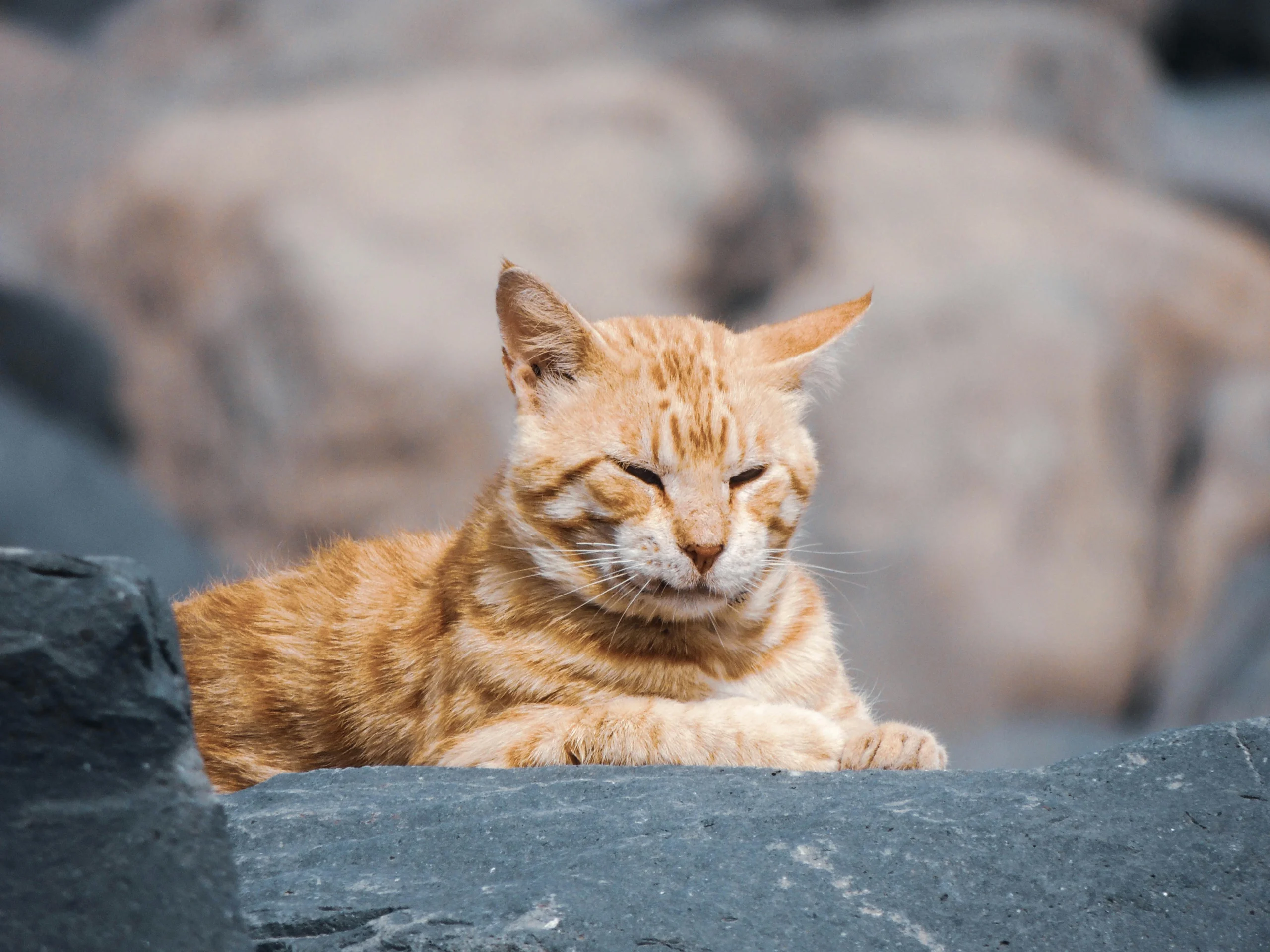
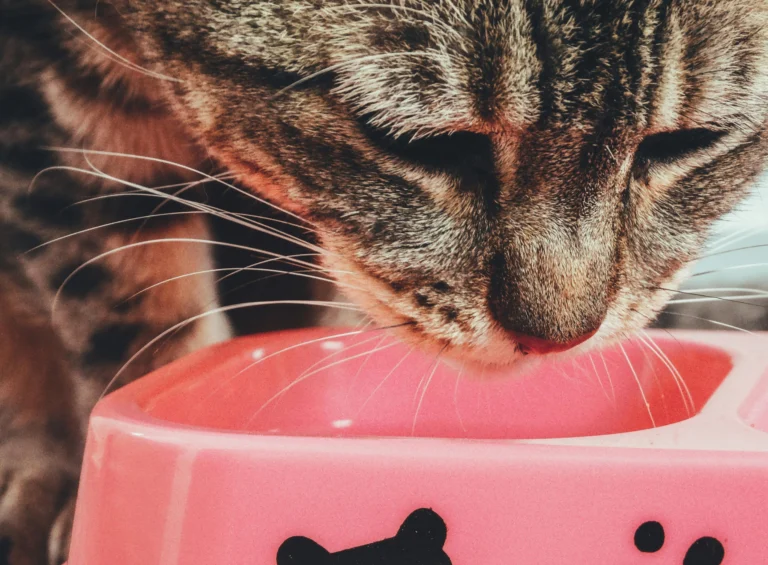
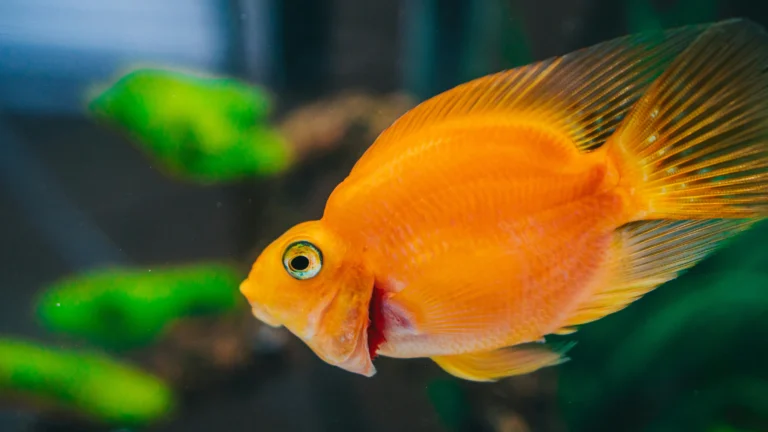
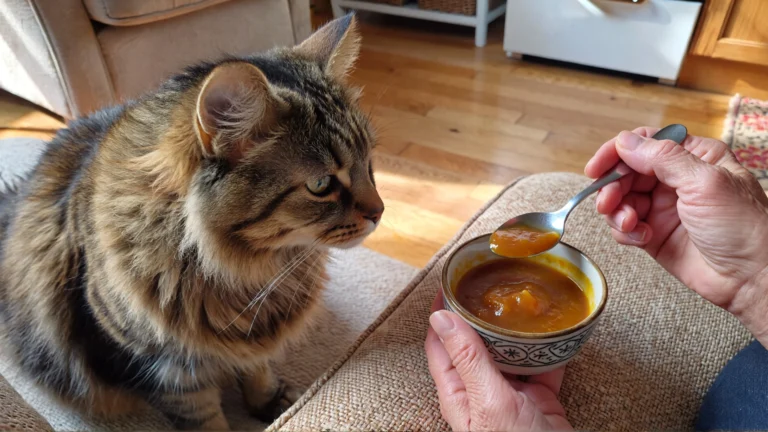
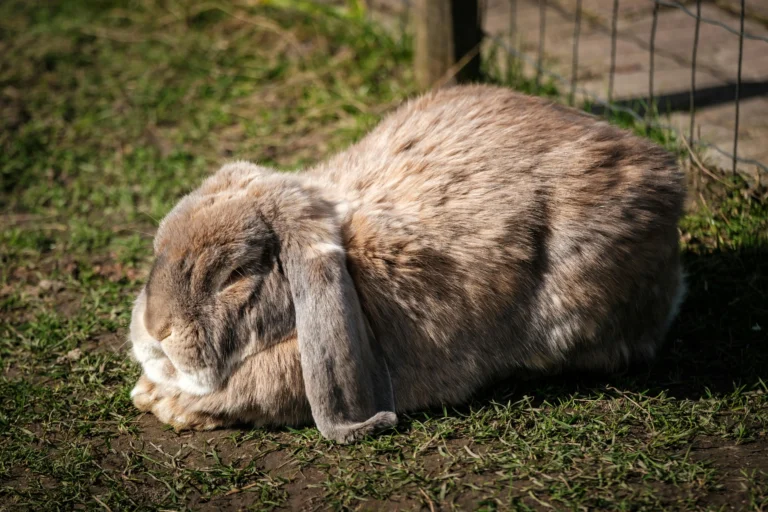
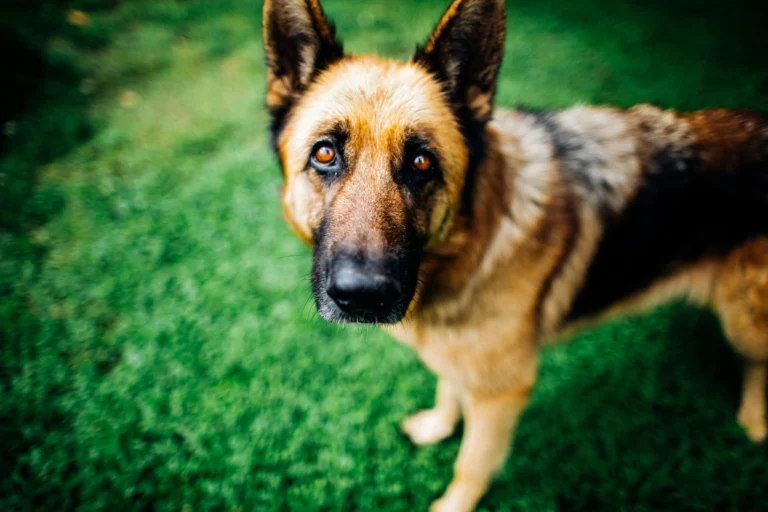
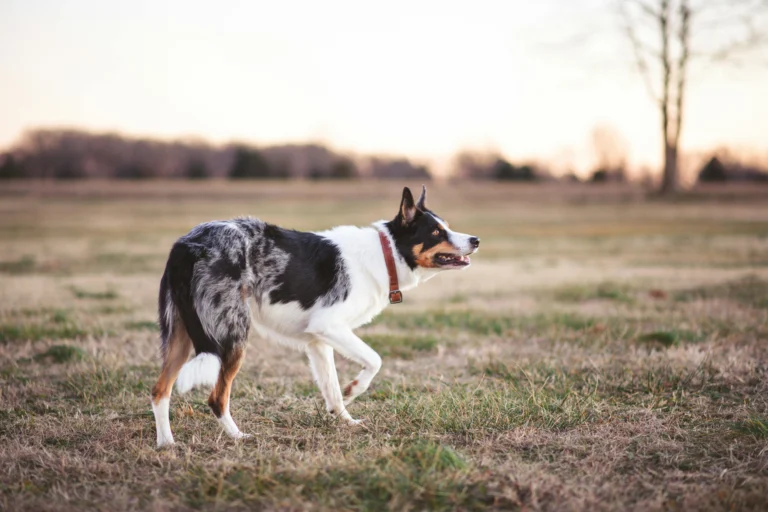
Perfect work you have done, this web site is really cool with wonderful information.
Heya i’m for the first time here. I came across this board and I in finding It truly helpful & it helped me out much. I hope to provide one thing again and aid others like you helped me.
YOURE WELCOME
Hey there would you mind letting me know which webhost you’re using? I’ve loaded your blog in 3 completely different browsers and I must say this blog loads a lot faster then most. Can you recommend a good hosting provider at a reasonable price? Cheers, I appreciate it!
hostinger
Some truly nice and useful information on this site, too I believe the style has got wonderful features.
Very clean internet site, thankyou for this post.
Thank you for the good writeup. It actually was once a enjoyment account it. Glance complicated to more brought agreeable from you! By the way, how could we communicate?